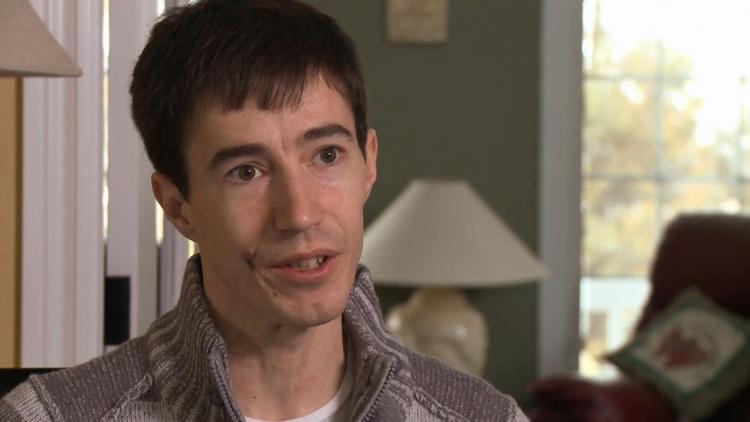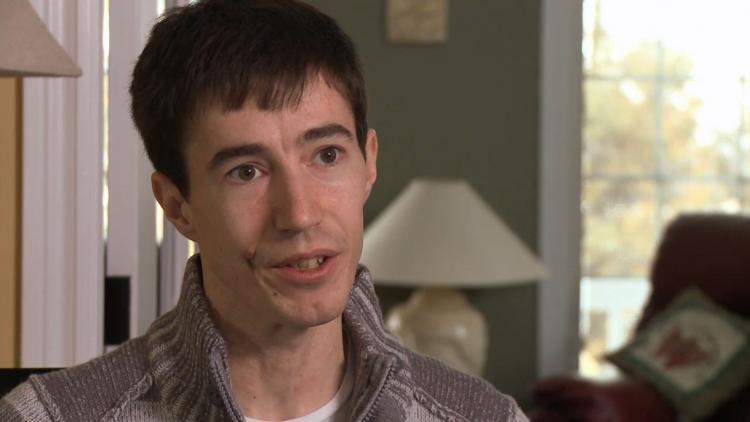Ontario patients with Paroxysmal Nocturnal Haemoglobinuria (PNH) want the drug Soliris funded through the Ontario Public Drug Program.
Barry Katsof, president of the Canadian Association of PNH Patients, says the group has been waiting for the province to take action on access to the drug since it was approved by Health Canada in 2009.
“PNH patients continue to face the threat of deadly blood clots with each day they go untreated,” says Katsof. “No one deserves to live with this fear and uncertainty when a proven, effective life-saving treatment exists.”
PNH, which affects about 90 people in Canada, occurs when red blood cells are destroyed by a protein in the body’s immune system, leaving the organs without oxygen. This puts patients at risk for life?threatening blood clots, kidney disease, and organ failure.
In January, on compassionate grounds, the province granted 26-year-old Lucas Maciesza temporary access to Soliris for six months. Maciesza, who was very sick at the time, needs to take the drug regularly, a $500,000-a-year regimen he is unable to afford.







